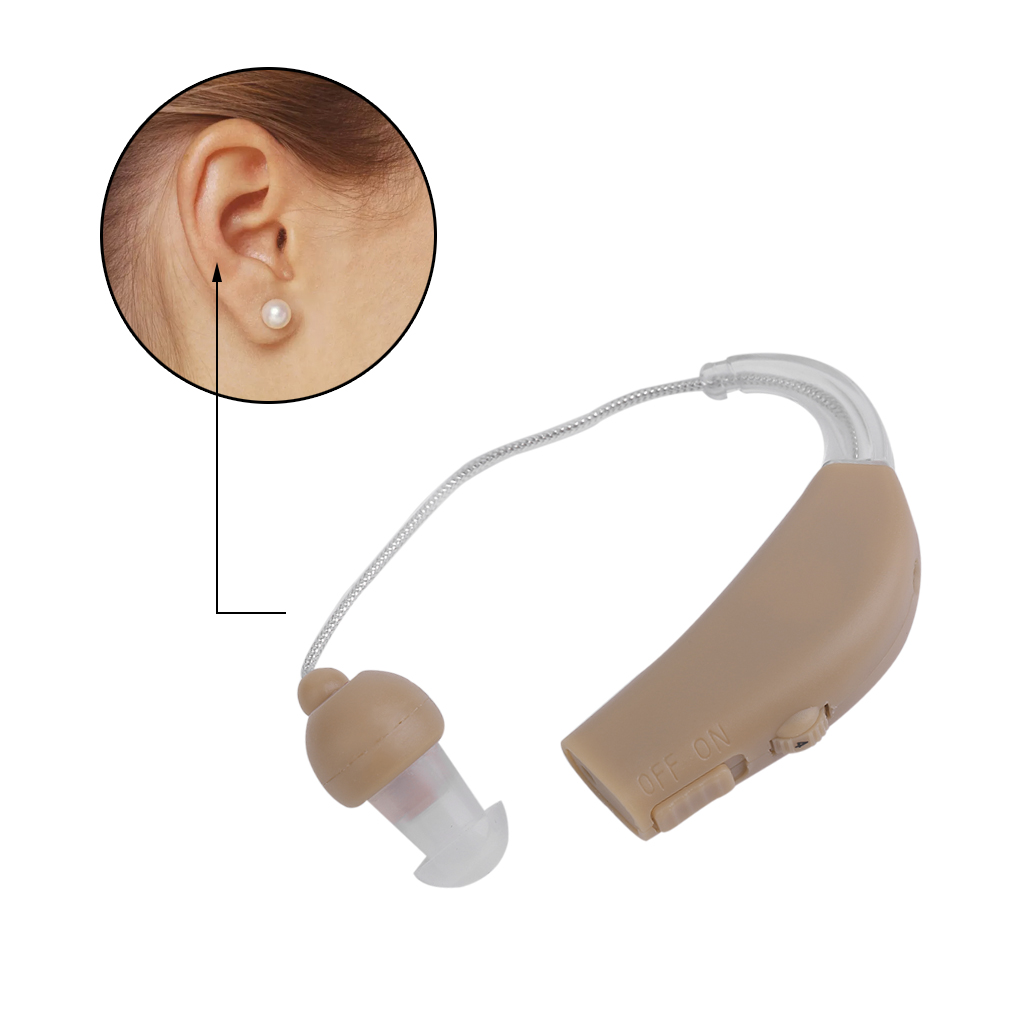Autism Spectrum Disorder looks scary if you’re unfamiliar with the Autistic behavior and the medication known as sonus complete. I’ve realized that as a child, I experienced autism; late I taught autistic children. Let’s look at what causes Autism Spectrum Disorder. Individuals with Autism Spectrum Disorder exhibit interesting behavior: headbanging, rocking, high pitched shrieks, sing-song repetitive speech, and echolalia. I have been privileged to know and teach autistic children in different scenarios for over twenty years. In this article, I am going to explore the autistic behavior of high pitched shrieking, echolalia, and sing-song repetitive speech.

Autism Spectrum Disorder is essentially a perceptual and nervous system issue. Autistic children perceive stimuli from the outside world more intensely than persons without Autism. Normal, everyday sounds, smells, touch, voices, and interaction can be repellent to an autistic child. Most autistic children experience a heightened sense of touch, sound, and visual stimuli. Sounds and sensations that don’t affect the average person, can be almost painful to the autistic child. As a child, my autistic tendencies took the form of intense aversion to sounds, especially low, rumbling sounds. Fireworks, drums in a parade, thunder, popping balloons sent me into paroxysms of terror. I have always lived in fear of dogs because their barking bothers me so. I have trouble working with music or television or even talking in the background.
Studies have shown that autistic children have especially acute hearing. Their auditory acuity rivals a dog’s hearing. You have seen a dog howl when something loud, such as a siren hurts his ears. This is similar to the shrieking response that a young autistic child makes. Sounds that a person with normal hearing ignores is painful and repellent to an autistic child with intensified hearing. And there is proof that it is not just volume that affects a child with autism. Just like a dog, it is the pitch of the sound as well. Sound sensitivity may even manifest itself to the autistic person as a distortion of sound. Have you ever watched a movie in which the sound was slowed and made deeper? The sound of the voices can be very eerie and frightening. It is very possible that autistic children experience normal voices in that distorted way. No wonder autistic children often clap their hands over their ears.
Language then is one of the biggest difficulties for autistic children. If sounds and voices are distorted, it will be difficult for autistic children to develop language. Autistic children have vocal patterns that are similar to hearing-impaired children. Again, if sounds are heightened or distorted, they may not be able to hear their own voice clearly. They rely on echolalia or voice mimicking. Autistic children often speak in a sing-song voice, not forming their own sentences, but only repeating words and phrases. I suggest that sing-song voice, word mimicking, shrieking, and covering ears is an autistic child’s way of coping with overwhelming stimuli of the outside world. I’ve heard recordings of myself as a young child. My voice had a nasally sing-song sound of a child with oversensitive hearing.

If you have a child with autism or autistic behaviors, you may want to have their hearing tested. If they have an intensely acute or distorted hearing, there are devices to help them hear at a more normal level. I found simple earplugs helped me to muffle upsetting sounds. My family also was very careful to keep me away from sounds that frightened me.




